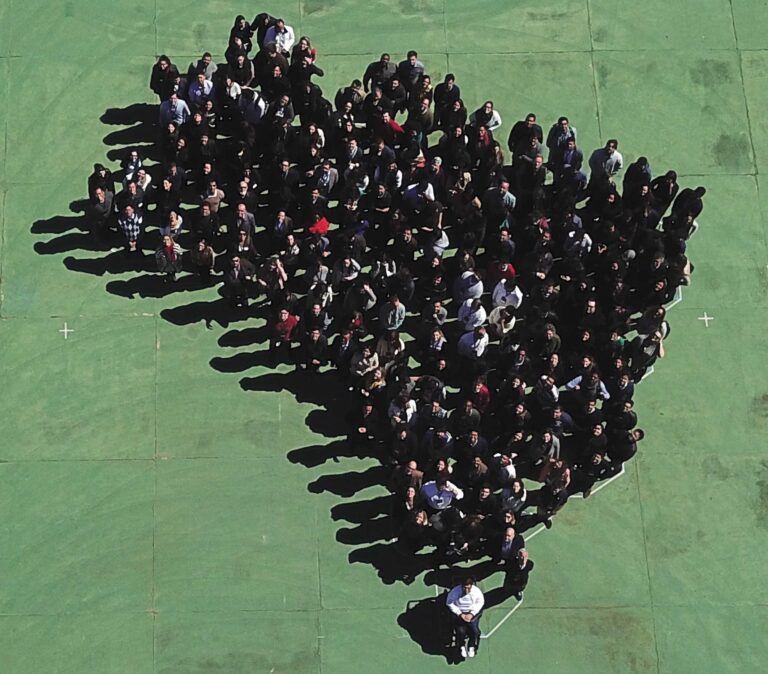Mackenzie Scott’s generous donation to the six Brazilian NGOs named below is a timely recognition that there is more the world can learn from how Brazilians are solving their problems than the headlines about our national politics would suggest.
Brazil’s thriving network of 820,000 civil society organizations – often working with governments at a local and regional level where key decisions are made – are quietly finding creative solutions to tackle climate change, inequality, health, education and protect human rights where they are in danger.
Perhaps the reason for this is that Brazil is the only country in the world on Top 10 lists for both GDP and inequality. Our membership in both worlds gives us firsthand knowledge of many crises, but also how to utilize resources, institutions and expertise to solve them. Brazil is therefore in a unique position to serve as a case study for the rest of the world as it tackles some of the greatest challenges in history.
That is why we urge them to take a second look at partnering with Brazilian organizations that are achieving groundbreaking results. For example, in public health, the world’s first publicly funded global lab was established to produce Oxford/AstraZeneca COVID vaccine doses. NGOs have stepped in to provide the institutional backbone in Brazil’s favelas, directly providing population mapping, education, medical support, and legal representation to thousands of residents. At the same time, traditional communities, who know the Amazon Forest like no-one else, are both preserving the environment and managing biodiversity throughout Amazonia.
As we approach the 2030 deadline for meeting the UN’s SDGs, time is running out to solve many of the planet’s deep-rooted issues. We can search for answers in Brazil, because our challenges are a microcosm of the world’s challenges. Only 12% of Brazilian 15-year-olds can properly handle percentages, fractions and decimals, which falls to 2% in the poorest areas, while 80% of teenagers with disabilities lack regular access to school. Despite making up 27% of the population, Afro-Brazilian women make up less than 3% of seats in the National Congress. More than half Brazil is food insecure, with almost 1 in 10 grappling with serious hunger. And half of all murders of women in Brazil are committed by firearms. Almost 20% of the Amazon rainforest has been destroyed over the past 50 years, and deforestation continues to reach record highs. Urgent, collaborative action is long overdue.
At this crucial stage, we sincerely hope that Ms Scott’s donation will be a catalyst for others to work with us. We in turn also pledge to share our expertise and work closely with whoever wants to learn from us. We can’t afford not to pool our knowledge in a world beset by such urgent threats.

